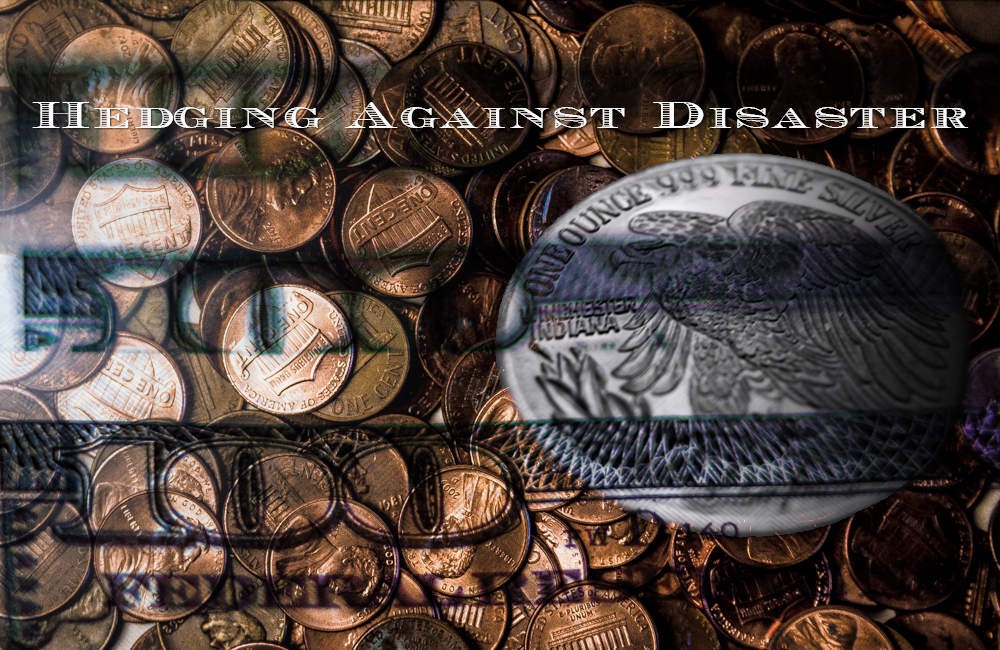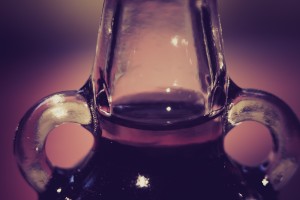
![Bundesarchiv, Bild 102-12023 / Georg Pahl / CC-BY-SA [CC BY-SA 3.0 de (http://creativecommons.org/licenses/by-sa/3.0/de/deed.en)], via Wikimedia Commons Im Kampf um ihre Spareinlagen! Massenandrang der Sparer vor der städtischen Sparkasse in Berlin.](https://www.classyvice.com/wp-content/uploads/2015/07/Bundesarchiv_Bild_102-12023_Berlin_Bankenkrach_Andrang_bei_der_Sparkasse-300x200.jpg) I have been seeing a lot of economic advisors suggesting that clients keep a stash of cash on hand in case of emergencies recently. After seeing the bank runs in Greece last month, one can see why this is advantageous. A recent story going around claims that a FEMA meeting warned of a coming “event” that would lead to a bank holiday (when the government forces banks to shut down to prevent a bank run).
I have been seeing a lot of economic advisors suggesting that clients keep a stash of cash on hand in case of emergencies recently. After seeing the bank runs in Greece last month, one can see why this is advantageous. A recent story going around claims that a FEMA meeting warned of a coming “event” that would lead to a bank holiday (when the government forces banks to shut down to prevent a bank run).
Martin Armstrong (who accurately predicted major events like the Savings & Loan crash, the collapse of Japanese financial markets and the destruction of the Russian economy almost to the day) suggests having one to three months worth of cash on hand to buy supplies like food and gas in case of such an emergency. I would suggest one months worth of cash is ok (more if you have excess). But the reality is, cash will only be useful in a short term emergency like a hurricane, or earthquake. If an emergency situation occurs, and proceeds long term, then hyperinflation will quickly render any cash you have useless. When a Wendy’s cheeseburger cost $17,000, your three months cash reserve today won’t buy you lunch.
It seems to me that keeping to much cash on hand is a recipe for loosing your net worth. Inflation (hyper or regular) causes the value of the dollar to go down, so cash on hand is always loosing value.
How to hedge against Disaster
Inflation isn’t a increase in the cost of products as much as it is a decrease in the value of the currency. A successful hedge against inflation, therefore, would be to have less cash, and more commodities. This is why I always suggest to have a stock of precious metals available for an emergency. Precious metals will always have a demand on a global scale, therefore, they are not affected by a single countries crises. They are also easier to transport, and more durable then other commodities such as grain, or oil.
The problem with precious metals, is that they may not be easy to use in general transactions. The guy on the roadside selling fruits and vegetables from his backyard, or meat from his hunting / fishing trip, may not know the value of your silver or gold bullion. For this, I suggest keeping a good stash of booze. It may sound odd, but in times of trouble, people like to get sauced. A bottle of vodka isn’t going to go bad, and it will do wonders when bartering for food and supplies.
 I would think that a good overall strategy for protecting yourself and your wealth in case of an emergency would have to be multifold:
I would think that a good overall strategy for protecting yourself and your wealth in case of an emergency would have to be multifold:
- Move half of your investments into commodities like grain, oil, etc
- Keep 1 months worth of cash on hand
- Keep several months worth of funds in silver or gold on hand
- Keep 1 months worth of funds in hard alcohol on hand
With these simple precautions, you should be able to keep yourself safe, and enjoying life. The biggest concern would be funds invested in commodities on a stock exchange would still be available in after a catastrophic event. Governments can easily seize paper assets. Therefore it is really personal preference as to whether you want to put the risk in those, or move those funds into something more tangible, and on hand like gold or platinum (keeping funds at home carries its own risks as well… governments aren’t the only thieves out there). Balancing the risk between the two is probably still the best bet.
What do you think is the best way to hedge against financial disaster? Let us know in the comments below.








